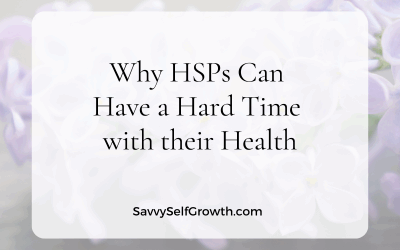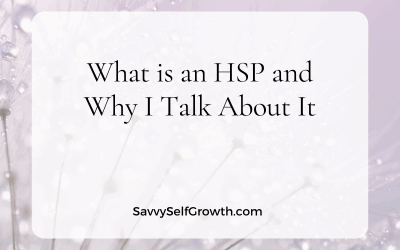Guest Post by Donna Fitch
I received an email reply a little while ago from someone in my community. She mentioned she really wanted to benefit from the free Anxiety Webinar I was offering. But she was already anxious because she didn’t really know how to use Webinars, she was stressed out about the bandwidth and data usage… and in closing, she said that this whole move from in-person workshops, to online workshops was just not working for her. She missed face-to-face meetings and felt completely isolated by the focus on doing things online.
I have such empathy and compassion. I have no idea of her age, or her computer skills… but if I think about my parents, and how frighten and bewildered they are by computers and all they can offer, I just want to reach out a hand and say “it’s okay, I understand”. It’s okay to be scared by things we don’t know too well.
And in today’s blog post, my dear author-friend Donna, who is a technology boffin, can help us conquer the isolation!
Over to Donna.
Working at home, being retired, or homebound for other reasons can be lonely. People often decry the rise of technology as creating isolation, but through technology we have more opportunities to connect than ever before. I’ve recently met some wonderful people from around the world that I’d never have met if not for the technologies of Facebook, Skype and Ancestry. Here are some ways I’ve discovered that help me feel more connected to the world through the use of computer technology.
-
Facebook Groups.
Facebook itself can be a bit mystifying and overwhelming, but you can think of it as one big village. There are many people to befriend, and many others from whom to stay away. But just as a village may have groups of like-minded people who band together to quilt or ride horses or discuss the newest books, so too Facebook has groups. Just use the search box to find a topic in which you’re interested, and view the conversations to see which group’s conversations are appealing. Some groups are closed and require you to request to join. Groups can be a wonderful way to discuss common interests and make new friends.
-
Skype
Skype is a free internet phone service on which you can talk to anyone anywhere in the world. Instead of needing a phone number, you must know a person’s user ID. Skype has a feature that allows you to find your Facebook friends who use it, so it can be a way to continue your Facebook group discussion face-to-face. You’ll need a webcam if you want to see your friends as well as talk with them. A tool I find useful for arranging calls with people across the world is the World Clock Meeting Planner at http://www.timeanddate.com/worldclock/meeting.html.
-
Ancestry
This website does have a cost associated with it, but if you’re interested in your family history, it’s a go-to site. Ancestry.com has databases for researching ancestors, but it also has ways to connect with living relatives as well. If you have family tree information on the site, other people can email you through the site (without knowing your actual email address), and you can choose whether or not to interact with them. Forums are available to discuss various topics. While Ancestry is weighted toward United States research, they now have websites for people living in United Kingdom, Canada (both English and French), Australia, Germany, Italy, France, Sweden and Mexico. If you find someone related to you or who’s searching the same lines you are, reach out to them. You may make a new friend.
If you need help with any of these tools, see this page I’ve put together: http://maximum-author-impact.com/help. If these don’t have what you need, please feel free to reach out to me with questions at http://maximum-author-impact.com/contact-me/.
If this blog post has added to your feeling of being overwhelmed by technology, I need YOUR help! I’m working on a program to help people feel more in control when faced with technology, but first I need to know what frustrates you. Please complete this survey to add your opinions: http://maximum-author-impact.com/frustration. Thank you!
Now go connect with the world!
Meet Donna
 Donna K. Fitch, MLS, MCert*, is the founder and CEO of Maximum Author Impact, creating beautiful WordPress websites, training webinars and other resources for indie authors. She is the independent author of Second Death, The Source of Lightning, and The Color of Darkness and Other Stories, and a member of the Alexandria Publishing Group, aimed at raising the level of professionalism among indie authors. In her day job, she is the digital communication specialist in the office of marketing and communication at Samford University in Birmingham, Alabama, USA.
Donna K. Fitch, MLS, MCert*, is the founder and CEO of Maximum Author Impact, creating beautiful WordPress websites, training webinars and other resources for indie authors. She is the independent author of Second Death, The Source of Lightning, and The Color of Darkness and Other Stories, and a member of the Alexandria Publishing Group, aimed at raising the level of professionalism among indie authors. In her day job, she is the digital communication specialist in the office of marketing and communication at Samford University in Birmingham, Alabama, USA.
*Master of Library Science, Master’s Certificate in Web Design and Development




